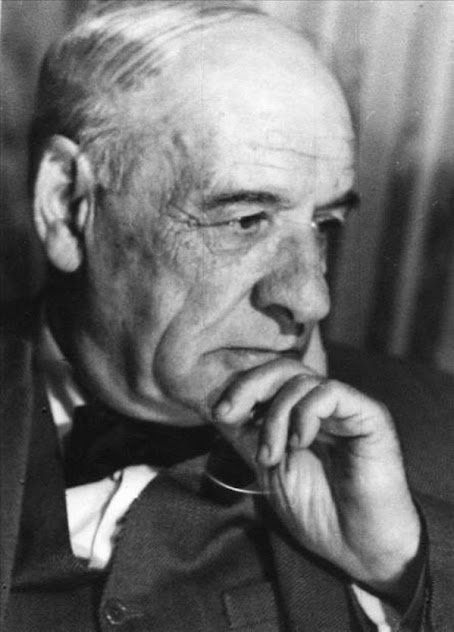"Aletheia," the Search for Truth - Ch. 5 The Origin of Philosophy by Jose Ortega y Gasset
Likewise, from a position of the future looking back on the past, one takes a term which has already been concretized and seeks to find that original poetic meaning which its inventor chose to capture the essence of the thing originally, thus re-entering into a more primordial essence of the idea. 2 Returning to Parmenides, he Gasset says that his philosophizing was seeing beyond the ordinary and often false views of reality into deeper notions of things. To see behind the veil to what lay behind the obvious. This was aletheia, to discover, to have reality reveal itself to you. 3
"Thus, in the thinking process, his mind had performed something akin to un-dressing, un-covering, removing a veil or covering, re-vealing, de-ciphiring an enigma or hieroglyphic. This literally is what the word a-letheia meant in popular language - discovery, exposure, denudation, revelation." 4
Truth, then, cannot be something man-made and dead. Rather, it must be the living reality which we can continue to come in contact with. Something behind just the term. 5 "...the naked reality that is concealed behind the robes of falsehood." 6 This is the original meaning of the philosophical pursuit, the pulling back of the veil of reality and uncovering its true being. Interestingly, Gasset talks about this process taking place in the dialogue one has with their inner self, what he calls "endophasia" or "inner speech." It is a difficult process, though, and often we cannot come up with that inner term for the being we are experiencing. It is the role and gift of the poet who is able to give names to these inner realities. And having done this, the poet is able to name what we have experienced but could not previously speak about. 7
"That is why we understand him: he provides the language for our inner selves and thereby enables us to understand ourselves. Hence the strange phenomenon whereby the pleasure aroused by poetry and admiration for the poet stem, paradoxically, from our notion of being plagiarized. Everything he tells us we have previously 'felt,' except that we did not know how to express it." 8
This inner and quiet pursuit of the truth slowly changed as philosophy came to be seen as a discipline. As others saw those philosophizing there was a shift, from the pursuit of truth with no arbitrary limitations or inhibitions, to an occupation and public pursuit. Thus, the name aletheia was replaced with philosophy, 9 something that had now to be both inward and outward. And becoming an outward and public reality lent this inward and private pursuit of the nature of being itself to misunderstanding, misinterpretation and characterization. 10
"When the noun 'aletheia' was invented for private use, attacks from the outside world were unforeseen and hence it was defenseless in this respect. For no sooner were people aware of the existence of philosophers, or 'inquirers,' than they began assaulting them, misinterpreting them, confusing them with other vague professions, whereupon that marvelous, ingenuous name had to be abandoned and another assumed, one born of spontaneous generation, infinitely inferior but more 'practical' - that is, a more inane, base, and cautious one." 11
--------------------
1 - Ortega y Gasset, Jose. The Origin of Philosophy. New York: W.W. Norton Company, 1967. pg 60.
2 - 61, 62
3 - 62
4 - 62
5 - 62
6 - 63
7 - 63
8 - 63
9 - 64
10 - 65
11 - 65






Comments
Post a Comment